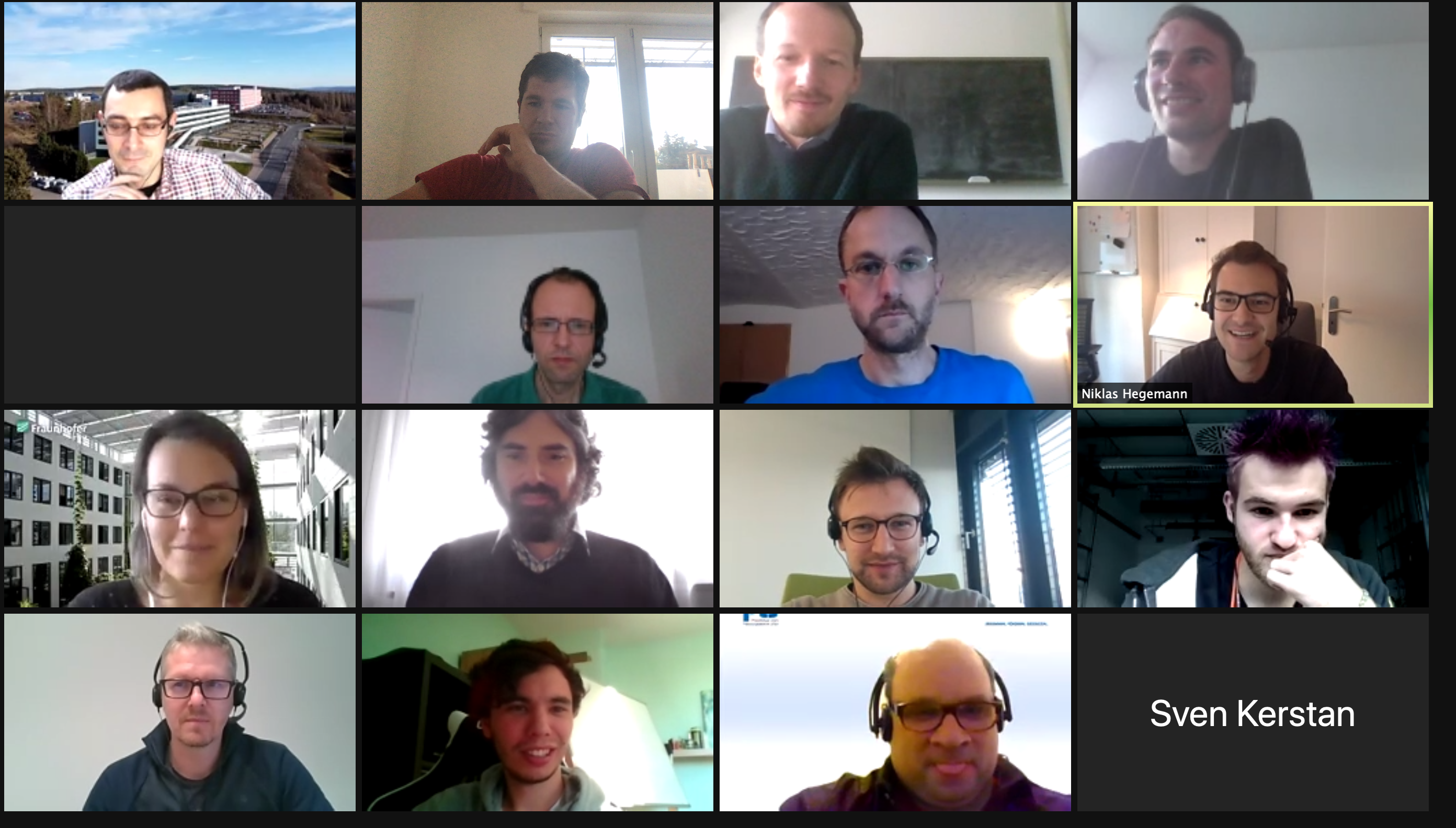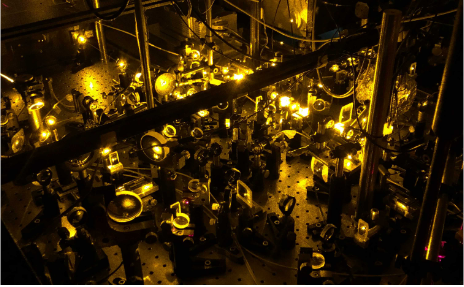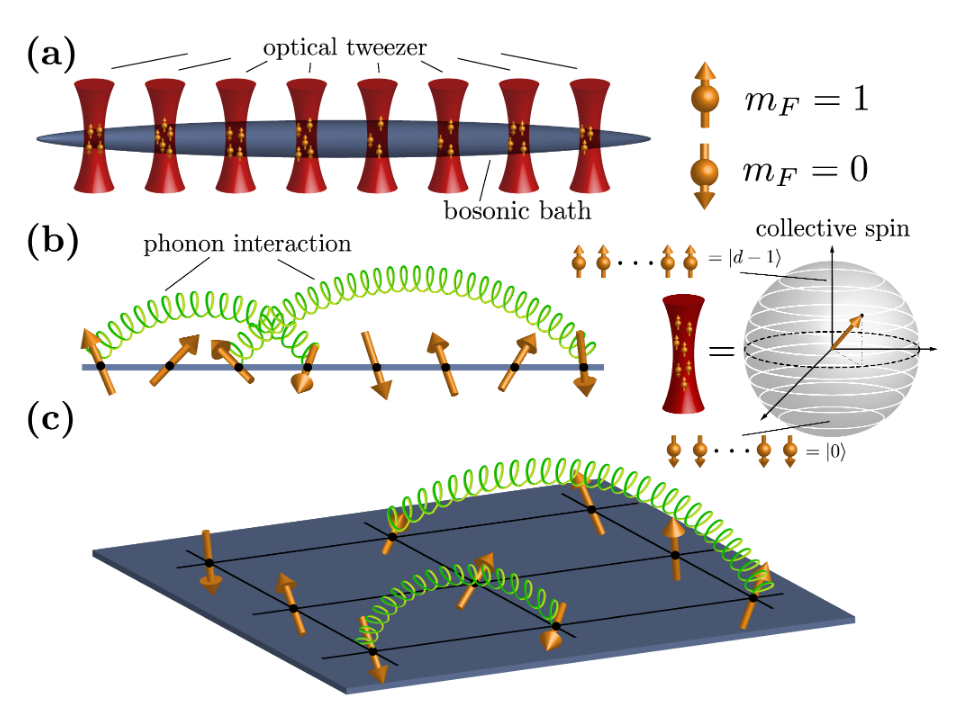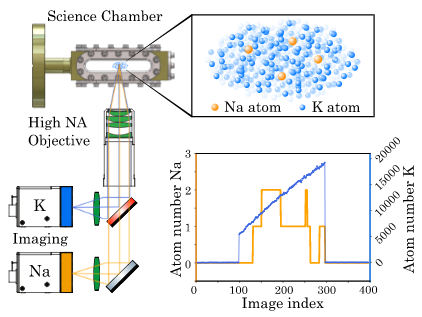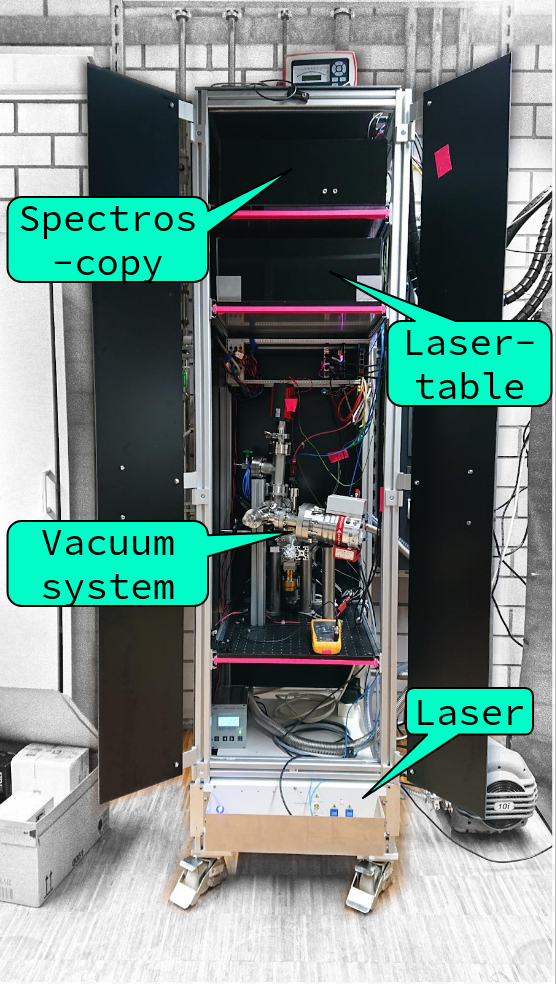|01> Project
This project develops algorithms for quantum hardware to study models of the energy industry. The developed algorithms will be benchmarked on different computational hardware. As the result, the realm of quantum algorithms will be brought to the field of energy pricing. Subsequently, the fundamental model and quantum simulator are successively developed further with the goal of modeling the German electricity market stochastically with sufficient accuracy. We compare the results with a benchmark on classical high-performance computing systems and evaluate alternative architectures.
Quantum Computing & Quantum Simulation
Quantum computers are divided into universal quantum computers and architectures based on specialized hardware, called quantum simulators. Universal quantum computers are currently limited to smaller system sizes, but are expected to solve a wide variety of problems in the future. Quantum simulators are specialized and therefore already well suited to solve individual problems, e.g. in the field of optimization. Both technologies are to be regarded as complementary and must be addressed with specially adapted algorithms. They offer a new oppurtunity to solve optimization problems that can only be solved to a limited extent with classical algorithms.
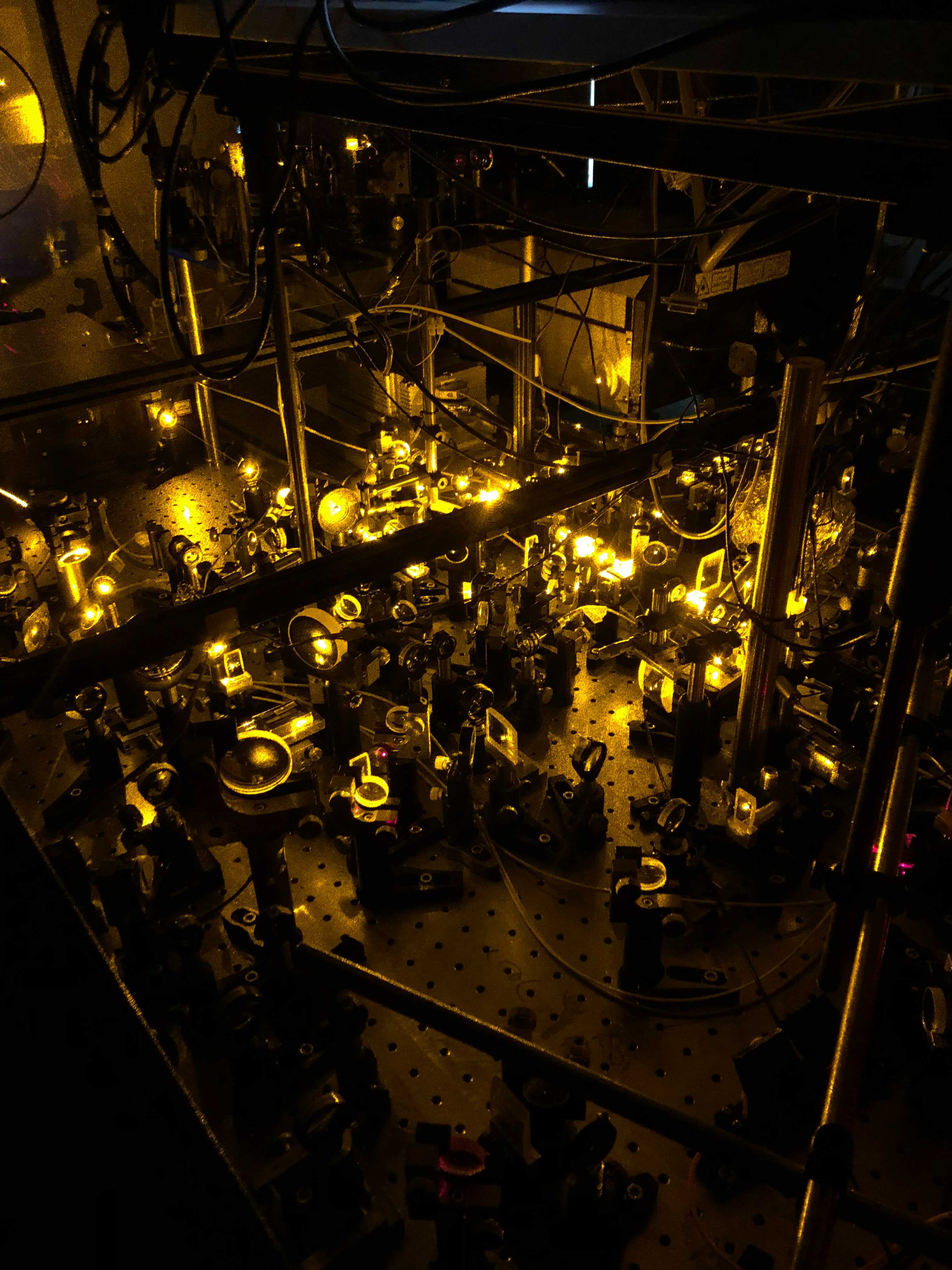
Contribution to energy system modeling
EnerQuant enables to exploit the potential of new computing technologies for energy system modeling. We demonstrate how fundamental models are formulated to leverage the computational power of quantum simulators, thus contributing to the advancement of energy system modeling in the long term. The results will be incorporated into the software platform of our partner JoS QUANTUM and will thus be available to industry after the end of the project.
Furthermore, EnerQuant provides an analysis of the potential of quantum computers and puts its efficiency in direct comparison to classical hardware and alternative approaches to solve optimization problems.
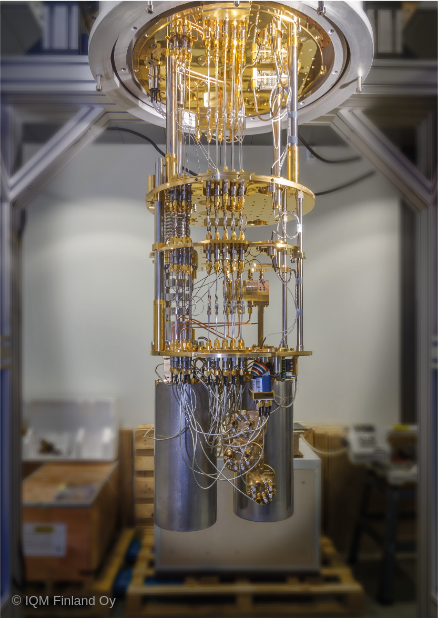
The subprojects
The project is structured into the following subprojects, each of which is coordinated by a project partner.
Subproject 1: Energy modeling Formulation of the fundamental model in different complexity levels, qubit formulation, stochastic modeling and evaluation on alternative hardware architectures (coordination: Fraunhofer).
Subproject 2: Algorithms for digital quantum computers solution approaches for different quantum computer architectures, connection of the algorithms as microservices via the cloud software "GRUNDZUSTAND" for commercial use after the end of the project (coordination: JoS QUANTUM GmbH).
Subproject 3: Development of analog quantum simulators Design of an optimized quantum simulator, development of a prototype based on ultracold atoms (coordination: University of Heidelberg, University of Trento).
